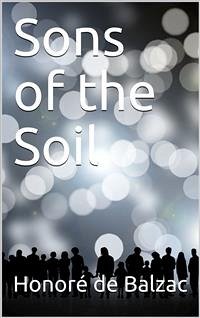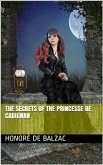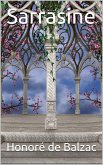French writer Honore de Balzac had many unique strengths, and chief among them is his ability to limn and illuminate subtle differences between social classes. In this pastoral novel, Balzac explores the virtues and follies of country life through the eyes of Emile Blondet, a journalist who was born and raised in the provinces, works in Paris, and has returned to the countryside of his youth for a much-needed vacation.
The first part of the story is narrated in the form of Blondet’s letter to Nathan and it begins with a rapturous description of the valley of Aigues in Burgundy, a landscape where art is blended with nature in such a way that neither of them spoils the other; the art is natural, and the nature artistic. He is in ecstasy about the chateau and its park too. But (yes, call me suspicious) methinks these raptures have more to do with the lady than the landscape…
The first part of the story is narrated in the form of Blondet’s letter to Nathan and it begins with a rapturous description of the valley of Aigues in Burgundy, a landscape where art is blended with nature in such a way that neither of them spoils the other; the art is natural, and the nature artistic. He is in ecstasy about the chateau and its park too. But (yes, call me suspicious) methinks these raptures have more to do with the lady than the landscape…









